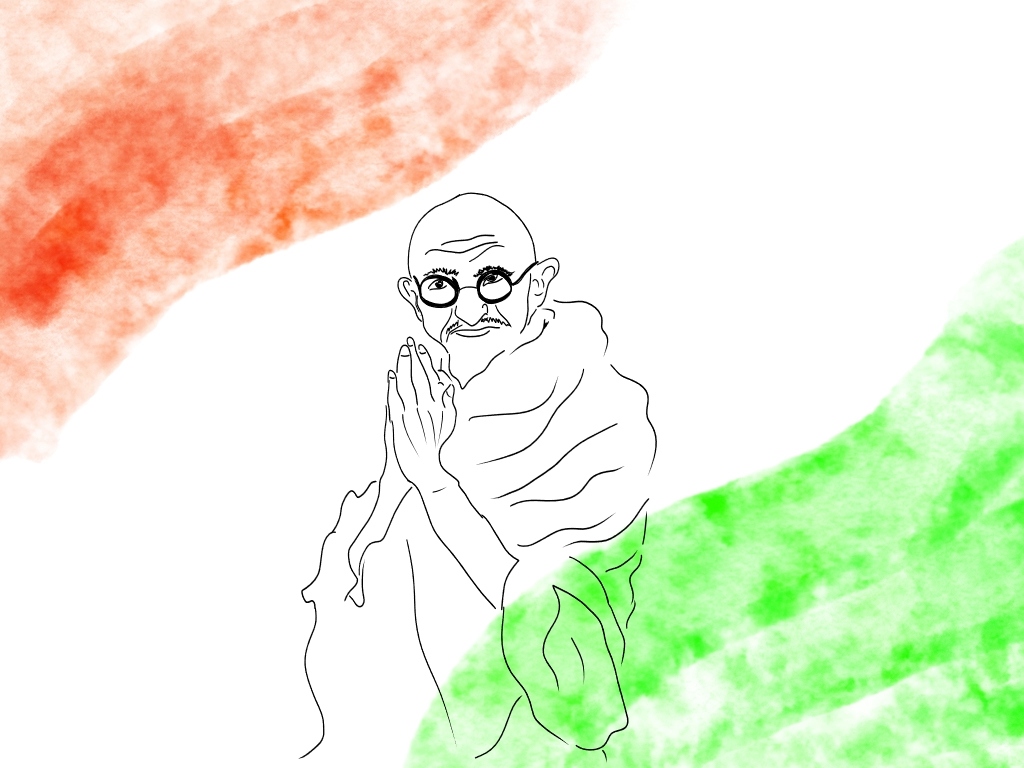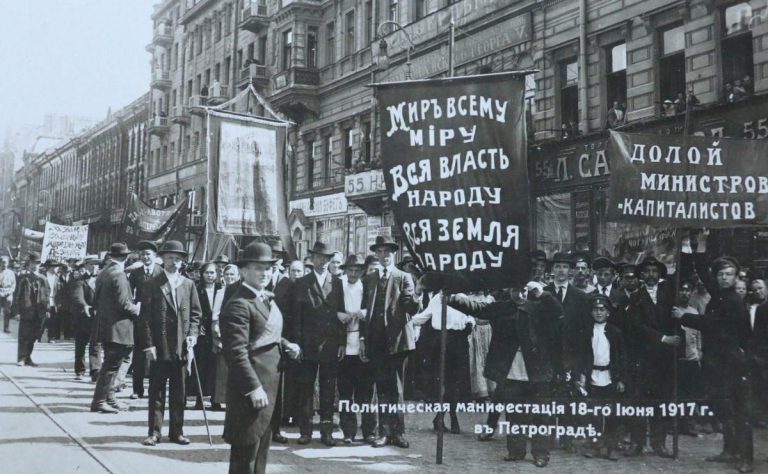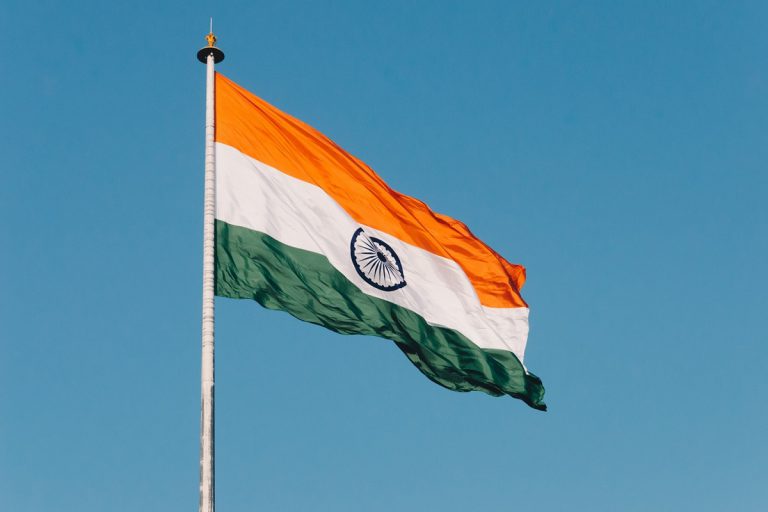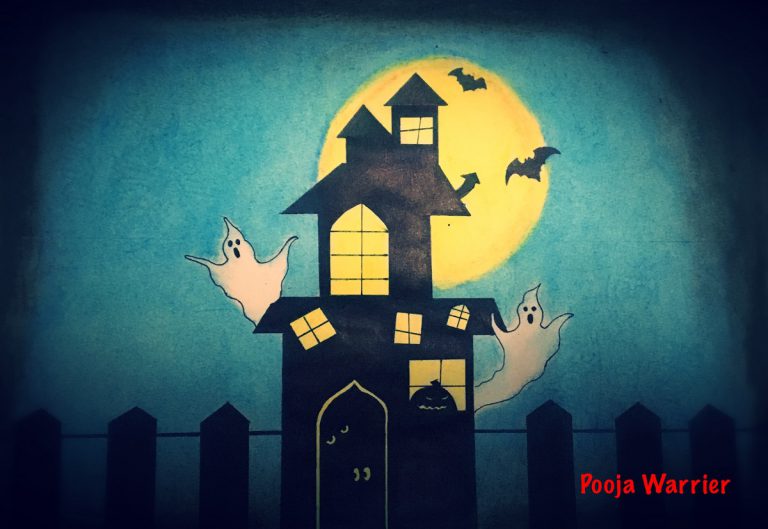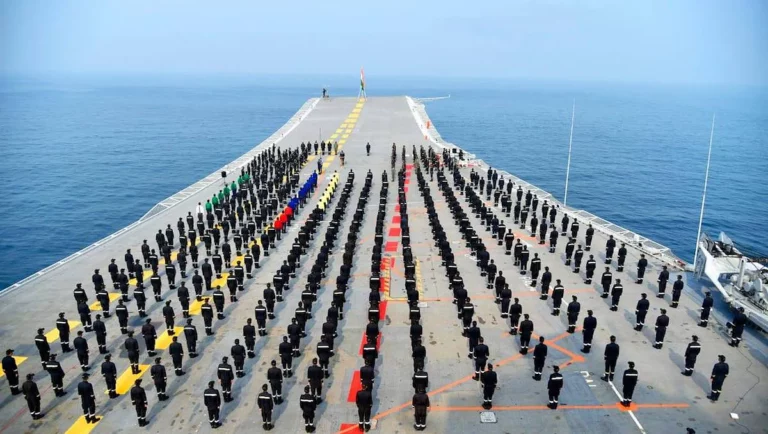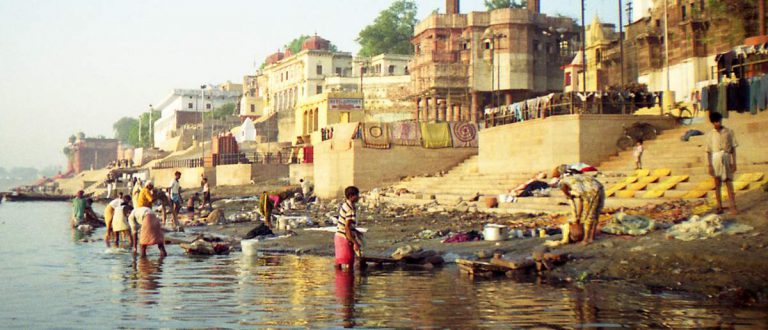The mirror of history
Dilip Simeon is a teacher and taught at many universities across India and the world
(Published in the Hindustan Times, March 11, 2000)
“The very first essential for success is a perpetually constant and regular employment of violence”
Adolf Hitler, Mein Kampf
The history of India over the past century unfolds like a chronicle of civil war. India was partitioned, and the segment re-partitioned. “Internal enemies” were identified and massacres were unleashed. No solutions were found. Today, communal myths possess nuclear bombs. There are lines of control everywhere – in villages, cities, and in hearts. Barbed wire, iron gates, and security guards abound. Flagpoles of religious places compete with each other for height. Society is awash with fear. Thanks to the guardians of “identity”, outraged sentiment seems to be on the rampage – battling over cricket pitches, books, films, and paintings.
Humanity possesses a natural tendency for remembrance and its transmission. For those interested in ideals of progress, history is a laboratory of social theory. It is also the terrain of Identity, a category that sits uneasily with human equality, and has taken millions of lives. History as the maidservant of a cause undermines its own disciplinary procedures. No history is free of tendency, and historians’ convictions undoubtedly affect their output. However, just as the Euclidean point is essential to geometry, the search for truth has to remain an ideal, even if an unattainable one, for history.
This is a painful commitment because historical materials defy dogma. None of us like our beliefs being challenged. Gandhians do not want to be reminded of the repercussions of the Khilafat movement or the Congress’ attitude to the 1946 naval mutiny. Communists are defensive about the stance of the CPI in 1942 and the Adhikari resolution supporting Partition. Admirers of Savarkar do not advertise the fact that he assisted the British war effort, was not averse to Mahasabha’s participation in the Muslim League ministry of NWFP in 1943, and was a main accused in the Gandhi murder trial. The Pakistan Ideology Act restrains Pakistani historians from questioning the two-nation theory or writing a non-tendentious account of Jinnah’s career. The RSS might not like to be reminded that in May 1947 the Akhil Rajya Hindu Sabha under J&K RSS chief Prem Nath Dogra, passed a resolution on Kashmir stating that “a Hindu state should not join secular India”. Or that Sardar Patel accused RSS men of celebrating Gandhi’s assassination. Trotskyists don’t dwell on Bolshevik military action against the Kronstadt sailors in 1921, Stalinists don’t remember state terror and mock trials in the USSR. Nazi apologists don’t recall the Holocaust and Zionists suffer amnesia about the terror unleashed by the Haganah and Stern gangs in 1948. Japanese historians are defensive about the massacres in Nanking and Shanghai and someday Chinese historians will forget that China waged war on Vietnam in 1979 in tandem with the USA.
For some ideologues, the past is a saga of victory and defeat. The fear of ambivalence is characteristic of them and in their hands, history is pure polemic. Savarkar’s speech to the Hindu Mahasabha in 1942 described 17th century India as being “a veritable Pakistan”, with “Hindustan being wiped out”, and the 18th century witnessing the march of Hinduism. This anachronism is repeated in a Pakistani textbook of 1982, which teaches that in the 16th century, “`Hindustan’ disappeared and was absorbed in ‘Pakistan’”. The distortions extend to contemporary analysis. Time summed up the history of the 20th century as a victory of “free minds and free markets over fascism and communism” (December 31, 1999). Along with Clinton’s essay, it misrepresents the Allied victory in World War II as an American one, ignoring the role of the Red Army and the fact that the USSR lost over twenty million dead, compared to less than 3 lakh Americans. This is History as the paean of megalomania. I do not believe that all viewpoints are equally biased, or that history provides no lessons. From the welter of partiality, we may glean truths and hope – but only if our profession is motivated by respect for human experience, and not just “Hindu” or “Muslim” experience. The historian has to be an iconoclast or risk becoming a propagandist.
In an attempted refutation of Bharat Bhushan’s article The Other Italian Connection (HT Feb 18), K.R. Malkani (Feb 23) states that the RSS was founded before Moonje visited Italy, that its heroes were Indians, and that Gandhi also met Mussolini. Here is an example of history as polemic. It was the militaristic mindset of fascism, not its specific heroes that inspired Moonje. All ultra-rightists had their own “national” heroes. Mussolini seized power in 1922, and his impact was evident by the time the RSS was founded in 1925. And whereas Moonje was greatly impressed by Mussolini, Gandhi told the latter that his state was “a house of cards”, and took a dim view of the man – “his eyes are never still”. Moonje’s trip was not an innocuous replica of Gandhi’s.
Defending the recent withdrawal of the ICHR volumes, government protagonists aver that the authors reduced Gandhi to a footnote. It is ironic that persons sympathetic to the politics of Gandhi’s assassin repeatedly take refuge behind Gandhi’s memory. Let us address the issue differently. Gandhi was a proponent of ahimsa. Hinduttva’s proponents believe that Hindus are too pacific – even cowardly, and need to become militant. Their heroes are those whom they identify as warriors. Their constant evocation of wounded sentiment as a justification for “direct action”, prompts us to ask the government to clarify its position on violence. Should sentiment be elevated to a level superior to the needs of civic order and criminal justice? Is it surprising that a retired CBI director is so fond of the Bajrang Dal, an organization known more for muscle than the mind? That a former union minister encouraged the intimidation of a film unit? That the vandalization of the BCCI office was condoned by a Chief Minister who saw no reason for a police case? Is it their case that Naxalite violence is wrong but violence unleashed by outraged sentiment is acceptable? Do they have the courage to say so explicitly?
The assault on the mind is the most dangerous feature of the current situation. Mushirul Hasan was attacked for suggesting that the ban on Satanic Verses be lifted. (A prominent Congressman incited that campaign). Asghar Engineer is beaten up for questioning Syedna’s powers. Whatever happened to the rights of minorities within minorities? Demands are voiced – rather belatedly – for a ban on Dante’s Inferno. Film screenings are disrupted. Literary commentaries on the Granth Sahib result in threats of ex-communication. (How brave our militants are!). And when we need a discussion on the rule of law, we indulge instead in literary criticism, film appreciation, etc. Surely the point ought to be whether bad authors and filmmakers have a right to remain alive, with their bones intact. Whether the government can ensure a peaceful resolution of conflicts or if musclemen may run amuck because they have high connections. Gandhi rendered Hindus nirvirya and napunsak, said, Godse. I beg to differ. Gandhi had greater physical courage than most politicians in his time – and not many of today’s luminaries would venture forth without protection after three attempts at assassination. His ahimsa was a name for restraint, without which no society may survive and no institutions gather strength. Let us stop flaunting our boringly delicate sentiments, and address the deliberate inculcation of revenge and hatred. Those who care about human survival can see their future in the mirror of history.
Image credit: Flickr


